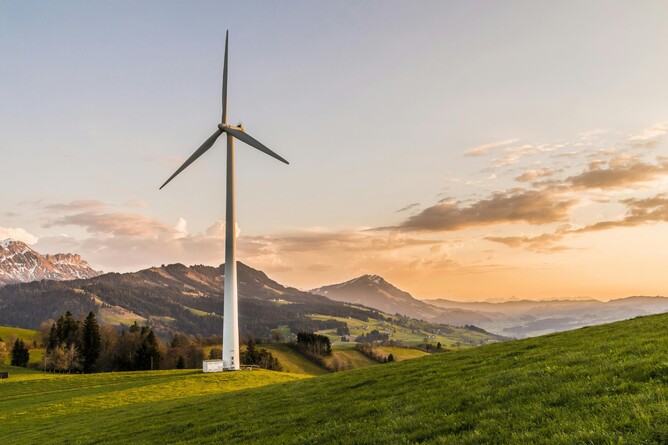Net Zero emissions have become a global imperative to combat climate change, requiring the balance of emitted greenhouse gases with those removed from the atmosphere. This concept, while crucial for environmental sustainability, poses significant risks to New Zealand's agricultural sector.
Understanding Net Zero
Net Zero focuses on drastically reducing greenhouse gas emissions across all sectors, including agriculture, which is a major part of New Zealand's economy. Achieving Net Zero means transforming agricultural practices to reduce emissions from livestock, fertilizers, and energy use.
Risks to New Zealand Agriculture
Regulatory Compliance: As global markets increasingly demand Net Zero imports, New Zealand farmers must adapt to stringent environmental standards, potentially facing trade barriers if unable to comply.
Operational Costs: Transitioning to low-emission practices may require significant investment in new technologies and processes, impacting profitability.
Market Pressure: International markets mandating Net Zero imports could limit export opportunities for non-compliant products, affecting New Zealand's agricultural exports.
The Worst-Case Scenario
If major markets such as Europe and the USA were to mandate Net Zero imports, New Zealand agriculture could face a dire situation. Without the ability to meet these stringent carbon-neutral standards, our primary exports—dairy, meat, and produce—risk being locked out of key markets. This exclusion could lead to devastating economic impacts, including reduced farm incomes, job losses, and a decrease in the sector's overall contribution to the national economy.
The domino effect of such mandates could also intensify competition in non-regulated markets, pushing down prices and margins for New Zealand products. Furthermore, the transition to Net Zero compliance would likely require substantial investment in new technologies, sustainable farming practices, and carbon offsetting measures, posing additional financial burdens on farmers already navigating tight margins.
What can we do about it?
The push towards Net Zero emissions is a double-edged sword for New Zealand agriculture, offering a path to sustainability but demanding substantial adaptation. The next blog post will explore how regenerative farming practices can help New Zealand farmers mitigate these risks and align with global environmental goals and how Little Buddies can help.



